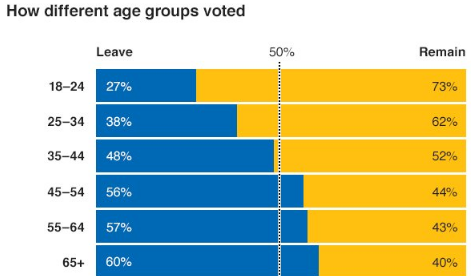 There are many facets to this question. There are hundreds of articles on the internet and in other publications which list important considerations like experience, competency, subject matter expertise, style, track record, cost, etc. These are all very important factors. No doubt.
There are many facets to this question. There are hundreds of articles on the internet and in other publications which list important considerations like experience, competency, subject matter expertise, style, track record, cost, etc. These are all very important factors. No doubt.
I come at this question a little differently because many of the cases I work on are multi-faceted and involve an extensive cast of parties with divergent interests. In these cases, I think it’s important to step back and carefully consider what is impeding settlement. Is there a fundamental disagreement on valuation, or perhaps it has proven unusually difficult to communicate effectively with other parties, or else maybe there are client relationships interfering with the negotiations? It’s much easier for a third party mediator to objectively assess the dynamics of the dispute.
The more complicated and multi-faceted a legal dispute is, the more value there will be for the parties in taking the time to select the right mediator. Why do I say this? Very often, an experienced litigator will resist turning to a mediator because they think they can negotiate a settlement on their own. But I believe that even the best lawyers will prove to be overmatched when it comes to orchestrating settlement negotiations in complex, multi-party cases. In extremely complex cases, the substantive interests that separate the parties often prevent the lawyers from even establishing a framework for conducting effective settlement negotiations. And once negotiations start, overriding loyalty to one’s own client and personally held points of view can clash and interfere with pursuit of the course of action that is best suited to achieving a global resolution of the case.
In such situations a mediator or settlement master serves as lawyer for the settlement. As odd as it may sound, as I see it, a mediator’s client is the settlement itself. Yet all other rules of mediation remain in effect – absolute confidentiality, process planning and implementation, knowledge of the subject matter at issue, voluntariness of any result, timing of facilitative vs. evaluative discussion (in other words, when and if to deliver an confidential evaluation of the strengths and weaknesses of a party’s case) and so on.
So when I hear lawyers say, if I can’t settle a case, no one can — and therefore mediation will not work – I disagree. Those are precisely the cases where mediation can work. It’s in the most complicated of disputes that a good mediator can end up providing the most significant value by serving as lawyer for the settlement.






Hi Lester:
What a great site! Congratulations and thank you for sharing!
Kim